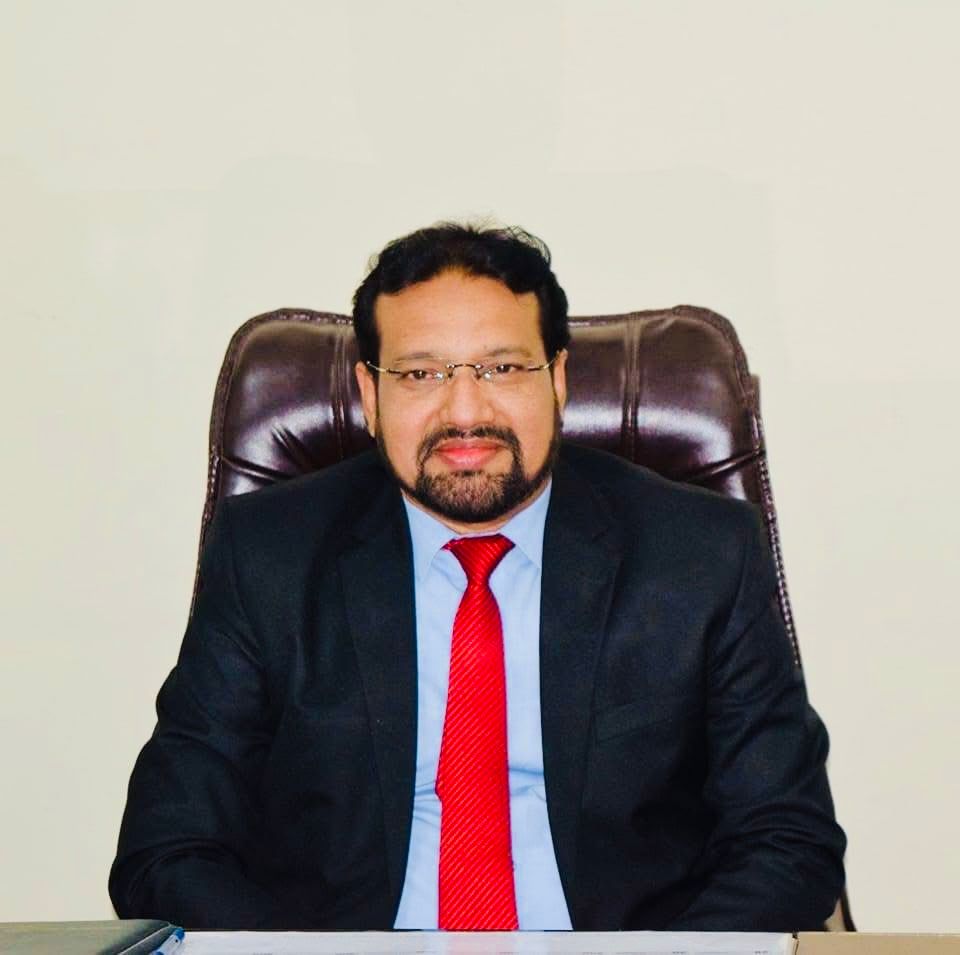By Sheikh M. Arshad
Director General, Department of Libraries
We live in a time when everything is going digital. From schools and jobs to government services and everyday communication, technology is changing how we live, work, and learn. In this fast-moving world, libraries are no longer just quiet places filled with books. They have become modern centers of knowledge and learning where people can access e-books, online courses, research tools, and even artificial intelligence-based services.
However, in countries like Pakistan, not everyone is able to benefit from these digital advancements equally. This gap between those who have access to digital resources and those who do not is known as the digital divide. It is a serious issue that affects millions of people across cities, towns, and especially rural and remote areas.
In many public and academic libraries across Pakistan, we observe two types of users. Some are comfortable using computers, smartphones, and the internet. But many others including elderly citizens, women from conservative backgrounds, people in underserved rural communities, students from low-income families, and those with limited education find it difficult to use even the most basic digital tools. This digital gap limits their access to education, information, job opportunities, and essential services.
Importantly, owning a mobile phone or having internet access is not enough. Digital literacy, the ability to confidently and safely use digital tools, is what truly empowers people. And this is where libraries in Pakistan can play a transformative role.
Libraries are trusted public institutions rooted in communities. They are ideally positioned to bridge this digital gap. By offering basic digital training programs such as how to use a computer, browse the internet, check emails, apply for jobs online, or access government services through e-portals, libraries can make a lasting impact. These workshops can be customized for different groups like women, senior citizens, madrassa students, or school dropouts to make learning more inclusive and culturally appropriate.
It is also essential that libraries in Pakistan are equipped with user-friendly computers, accessible technology for persons with disabilities, and fast reliable internet. Public libraries should be supported to lend tablets or laptops to those who cannot afford their own. Friendly trained staff who understand local languages and cultural sensitivities are crucial in creating an environment where users feel comfortable learning at their own pace.
Many people in Pakistan who would benefit from these services do not even visit libraries, often because they are unaware of what is available. Libraries must go beyond their walls. They should collaborate with local schools, mosques, women’s centers, NGOs, and local bodies to reach out to marginalized populations. Mobile library units, digital vans, or rural outreach camps can bring knowledge and digital training directly to the people.
To truly make digital access inclusive, content must also be available in local languages such as Urdu, Punjabi, Sindhi, Pashto, and Balochi. When people can understand and relate to digital resources, they are far more likely to use them for their education, health, and personal growth.
As Pakistan embraces digital transformation in education, governance, and financial services, we must ensure that no one is left behind. The digital divide is not just about technology. It is about justice, opportunity, and empowerment. Without targeted efforts to close this gap, we risk widening social and economic inequality even further.
Libraries in Pakistan have the power and the potential to change this. By combining modern technology with a strong community focus, libraries can become powerful tools for inclusion and development. They can help Pakistan move forward not just as a digitally advanced country but as a digitally fair one.
Let our libraries be the guiding light that leads every citizen young or old, rural or urban, educated or unlettered into a more connected, empowered, and informed digital Pakistan.

